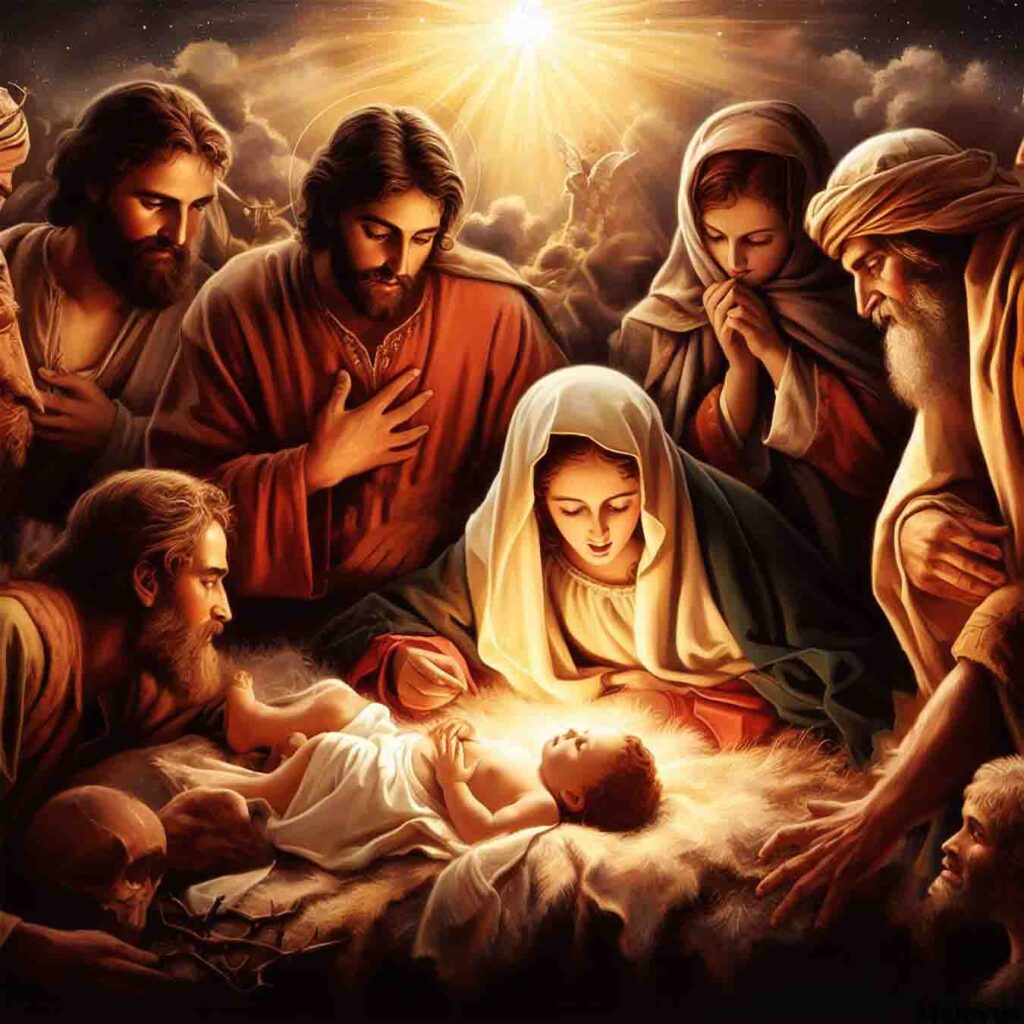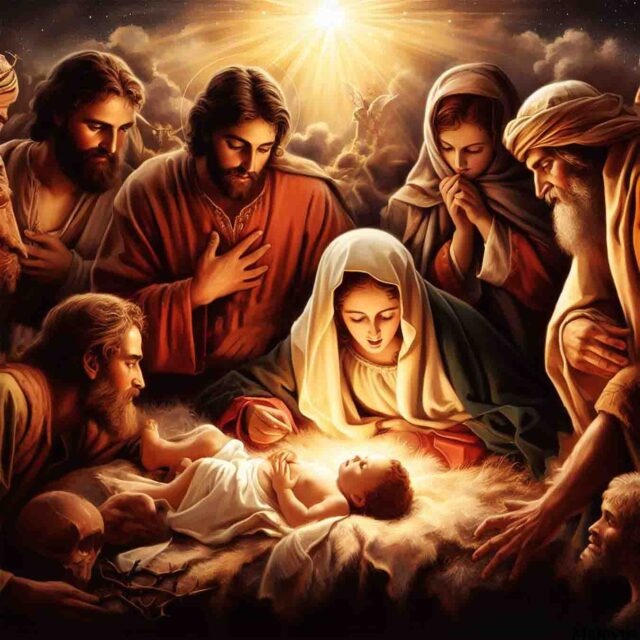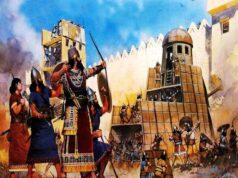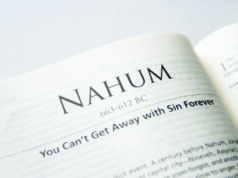By Pr Isaiah White
The Jesus that we Christians preach had a naturally contestable birth. He was born to Mary and Joseph less than nine months after marriage.
That was probably the basis for the Pharisees’ accusation against our Lord: “We were not born of sexual immorality” (John 8:41).
This insinuates that Jesus was the result of an illicit union. The real scandal, however, is that Jesus of Nazareth was not conceived by a sexual union at all, because He was conceived by the Holy Spirit and born of the Virgin Mary (Luke 1:26–38).
Thus, by the Spirit, God worked the quietest miracle of all. It is this miracle of the virgin birth that theologians call the incarnation that we celebrate every Christmas.
Sign of the virgin birth
The prophecy about the virgin birth is based on a historical event that happened in the Kingdom of Judah when Ahaz was the king.
Ahaz was a faithless king of Judah. During his reign, the kings of Syria and Ephraim had marshaled their armies to overtake Jerusalem.
King Ahaz and all of Judah were terrified as they faced this double threat—their hearts “shook as the trees of the forest shake before the wind” (Isaiah 7:2).
The Lord then summoned Isaiah to bring word of hope to Ahaz that the enemy alliance would soon be broken and their plans to seize the holy city would be thwarted.
Isaiah faced Ahaz and declared: “It shall not stand, and it shall not come to pass. Within sixty-five years Ephraim will be shattered from being a people” (Isaiah 7:7–8).
In short, Ahaz was told, “Be still, and know that I am God” (Psalm 46:10).
After this assurance, Prophet Isaiah challenged the faithless King that if he doubted the Lord’s intention to help, he should ask for the Sign, but King Ahaz turned that down (Isaiah 7:9-13).
King Ahaz turned this down, and he never asked for a sign because he was wicked and faithless in the God this Prophet professed.
The Prophet resolved to give a universal sign of the virgin birth of Immanuel (God with us) in Isaiah 7:14. The Hebrew word rendered “virgin” is almah (transliteration).
Its meaning is best understood given the context. However, regardless of the context, almah is not used to signify a young married woman.
The notion that almah merely signifies a “young woman” was first argued by the anti-Christian Jew, Trypho, in the mid-second century A.D (Justin Martyr, 67).
It is for this reason that Matthew in the New Testament writing to his fellow Jews addresses this woman not just as unmarried but as a virgin as well.
The Greek term he uses is ‘Parthenos’ which means a virgin.

The incarnation
The virgin birth that we celebrate every Christmas reminds us of a Christian God for the sake of salvation to His people: “He became flesh and dwelt among us” (John 1:14).
The fundamental need was found in the nature of the human race.
Every normal, human birth produces another sinner, just as Adam, as a sinner, produced a race of sinners (Genesis 5:1-3, Romans 5:15-21, Ephesians 2:1-2).
Our Saviour had to be genuinely human and truly sinless in order to be our perfect substitute and pay our penalty of guilt before an infinite God by His death (1 Peter 1:18-19, Hebrews 9:14).
This doctrine stands at the heart of the Lord’s person and saving work. Without the virgin birth, there would be no salvation for sinners.
Jesus Christ would be a sinful human being. If the virgin birth did not occur, then the Bible is not true and cannot be trusted.
In short, it is an essential part of salvation and of Scripture.
Genesis 3:15 re-echoed
The hostility between the heirs of God’s promise and His enemies goes back to the declaration of war in Genesis 3:15: “I will put enmity between your offspring and her offspring.”
In Isaiah 7, we see a further disclosure of how the woman’s seed would defeat the serpent not by might, nor by power, but by Spirit.
The virginal conception of Christ is one of many extraordinary examples of how God works out His powerful purposes through His weak chosen vessels so that the glory will belong to Him and no other.
Matthew is not just searching for vaguely matching verses in the Old Testament and then projecting the virgin birth of Christ onto Isaiah’s prophecy.
We can trust God’s promises. What God promised about a Messiah to Adam (Genesis 3:15), Abraham (Genesis 12:7; 13:15; 24:7), Judah (Genesis 49:10), and David (2 Samuel 7:12–15) rests on what He promises to Isaiah.
The incarnation of God’s Son is a sign to the world that He has not forsaken His people.
The writer is a life coach and theologian.
Contact: +256775 822 833
Email: whitemwine@gmail.com






















